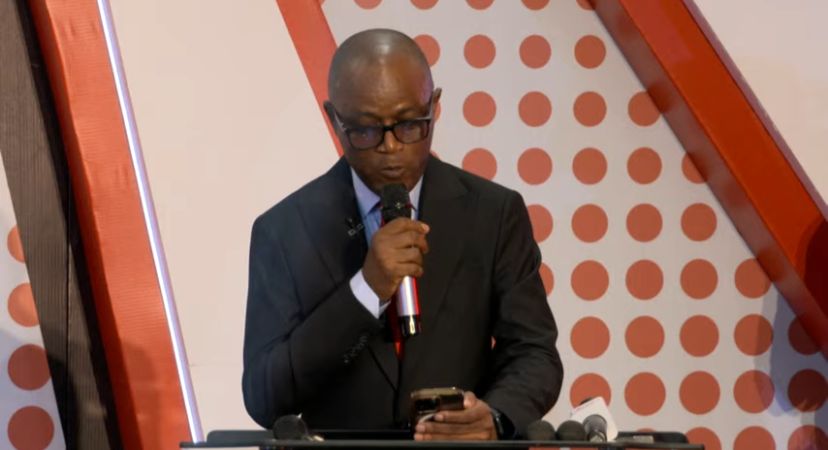By Oluwaseyi Lawal
In the dynamic realm of marketing, Nigerian brands are increasingly embracing a potent strategy: influencer marketing. This approach involves collaborating with individuals who have cultivated substantial and engaged followings on social media, proving remarkably effective in enhancing brand awareness, driving sales, and fostering trust among consumers.
Given the expanding population of active social media users in Nigeria, projected at over 40 million by 2024, influencer marketing presents a distinctive opportunity to connect with targeted audiences and forge robust brand relationships. Leading entities, ranging from household names like GTBank and MTN to tech giants like Flutterwave, are capitalizing on the influence of notable personalities across diverse platforms such as Instagram, YouTube, and Twitter to fulfill their marketing objectives.
In the realm of influencer marketing, these individuals serve as advocates for brands, amplifying brand messages and crafting engaging content that resonates with their audience. This approach aids brands in reaching new users, enhancing brand awareness, and positioning themselves as authoritative figures in their respective industries. A prime illustration is GTBank’s collaboration with the renowned comedian Basketmouth, effectively broadening the app’s reach and boosting awareness of its features.
Influencer endorsements wield a potency that extends beyond mere awareness-building. Through the endorsement of products and services based on their recommendations and positive experiences, influencers foster trust and motivate their audience to make purchases. A striking example is MTN Nigeria’s successful promotion of its Pulse data plan, featuring musician Davido. The campaign’s extensive reach and positive messaging resulted in a substantial surge in subscriptions for the data plan.
In influencer marketing, individuals with established online presence and distinctive personalities can craft compelling content that directly engages target audiences. This not only heightens brand awareness but also cultivates a sense of community and trust between the brand and potential customers. Jumia, a prominent e-commerce entity, has effectively employed this approach by collaborating with various influencers across diverse categories to endorse its products. These partnerships have yielded heightened engagement and enhanced brand loyalty among online shoppers.
Nigerian brands are increasingly realizing the significance of teaming up with influencers who embody authenticity and cultural relevance. This ensures that the influencer’s message resonates with their audience, establishing a genuine connection with the brand. Flutterwave, a payment solutions platform, enlisted the expertise of fashion influencer Temi Otedola for its marketing campaign. Her authority and influence in the fashion sector struck a chord with her audience, resulting in a positive brand perception and heightened interest in Flutterwave’s services.
As the social media scene in Nigeria undergoes continual changes, influencer marketing is poised to assume an increasingly pivotal role in brand strategies. Through meticulous influencer selection, the creation of compelling content, and the diligent measurement of campaign performance, Nigerian brands can harness this potent tool to attain their marketing objectives and position themselves as frontrunners in their respective industries.





Comment
No comments found.